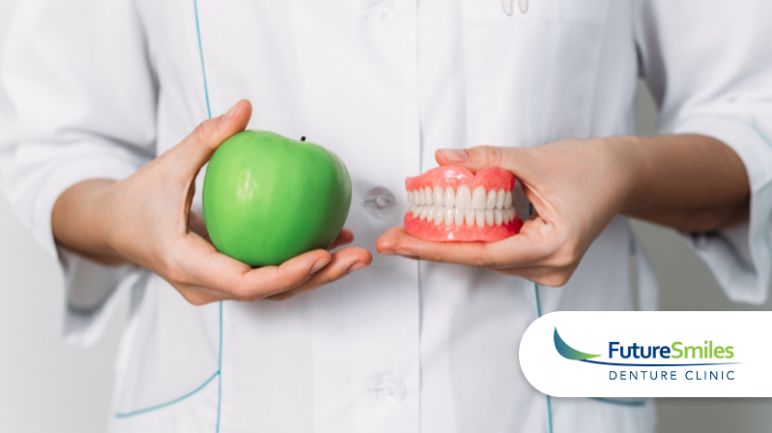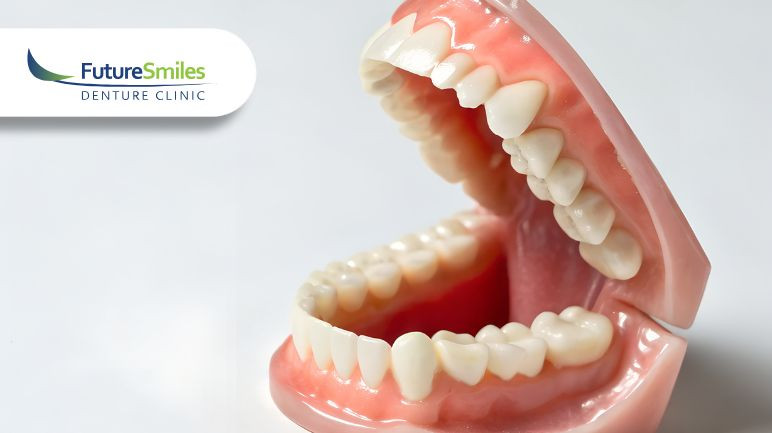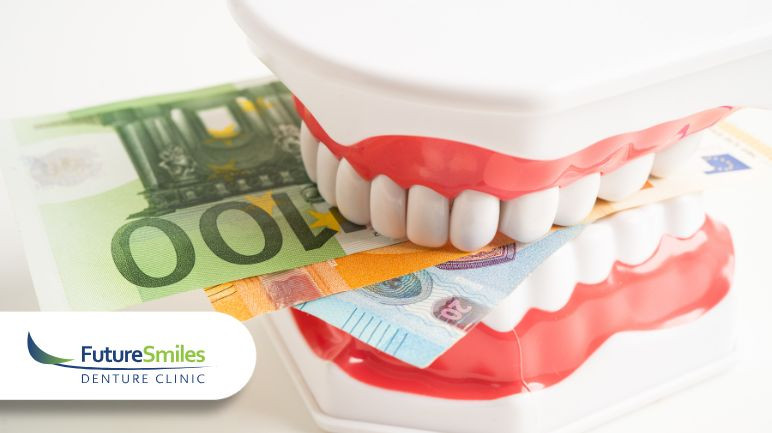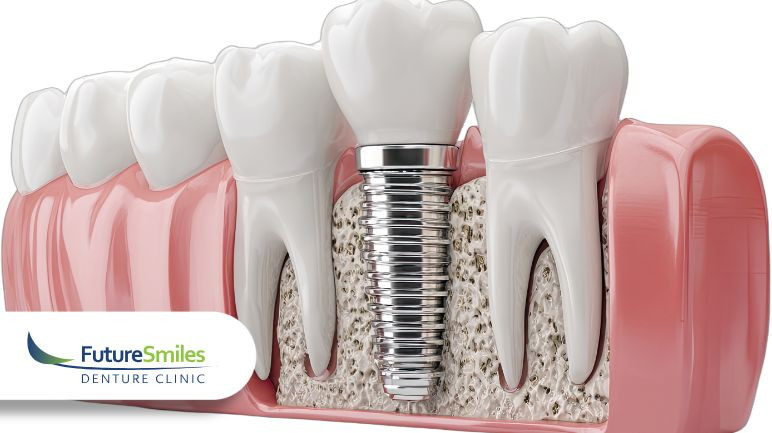Foods That Are Best Avoided
- Sticky and Chewy Candies:
Indulging in sticky and chewy candies can spell disaster for denture wearers. The sticky texture can cause the dentures to become dislodged or damaged. The high sugar content in these candies can increase the risk of dental decay, affecting both the remaining natural teeth and the dentures themselves. Opt for sugar-free alternatives instead. - Hard and Crunchy Snacks:
Hard foods like popcorn, nuts, and hard candies should be approached with caution when wearing dentures. They can place unnecessary pressure on the dentures, potentially leading to fractures or breakage. It's best to choose softer alternatives such as yogurt, smoothies, or soft fruits. - Tough Meats:
Chewing tough meats like steak can be challenging for denture wearers. The repetitive motion required to break down such foods can cause discomfort and make the dentures shift or become loose. Consider opting for softer, easier-to-chew protein sources like fish or poultry. - Red Wine And Coffee:
Both beverages contain pigments that can adhere to the porous surface of denture material, leading to discoloration over time. To minimize the risk of staining, it is advisable to rinse your dentures thoroughly after consuming these beverages. - Carbonated Beverages:
Carbonated beverages, including soda and sparkling water, can create an uncomfortable situation for denture wearers. The fizziness and high acidity of these drinks can irritate the gums and loosen dentures. Opt for still water or unsweetened beverages instead. - Sticky Sauces:
Certain sauces like caramel or taffy can be sticky and difficult to clean off dentures properly. Sticky sauces can accumulate on the dentures, creating a breeding ground for bacteria and causing bad breath. It's advisable to avoid these sauces or rinse your dentures thoroughly after consumption. - Hot Beverages:
Hot beverages like coffee, tea, or soup can pose a risk to denture wearers due to the potential for burns. Dentures can act as insulators, making it harder to gauge the temperature of hot liquids accurately. Allow hot beverages to cool slightly before consuming, or use a straw to avoid direct contact with the dentures. - Citrus Fruits:
While citrus fruits are a great source of vitamins, the high acidity can irritate the gums and the tissues beneath dentures. Excessive consumption of citrus fruits can lead to discomfort or soreness. Moderation is key, so enjoy citrus fruits in small quantities and rinse your mouth afterward. - Corn on the Cob:
Eating corn on the cob can be a challenge for denture wearers. The repetitive motion of biting into corn can dislodge or loosen the dentures. Consider enjoying corn kernels instead, which can be easily added to salads or other dishes. - Alcohol:
Excessive alcohol consumption can contribute to dry mouth, which can make wearing dentures uncomfortable. Alcohol can affect balance and coordination, increasing the risk of denture-related accidents. If you choose to consume alcohol, it's important to do so in moderation and take necessary precautions. Stay hydrated by drinking water alongside alcoholic beverages and be mindful of any potential changes in the fit or stability of your dentures.
Complete Care For Denture Wearers At Future Smiles
Maintaining good oral health as a denture wearer involves being mindful of the foods we consume. By avoiding or consuming certain foods with caution, denture wearers can protect their oral health, prevent discomfort, and ensure the longevity of their dentures. Remember to practice good oral hygiene, including regular denture cleaning, and schedule routine dental check-ups to address any concerns or adjustments needed for your dentures. By making informed choices and taking proper care of your dentures, you can continue to enjoy a healthy and comfortable smile.
If you want to explore your options for dentures, speak to a Calgary denturist at Future Smiles Denture Clinic. We will discuss your goals for tooth replacement and determine which type of dentures are ideal for your lifestyle and budget so you can get the best dentures for your needs. To speak with the team at Future Smiles Denture Clinic in Calgary, you can visit the SW Calgary Denture clinic on Macleod or the NE Calgary location in Coral Springs. To book a free consultation with our Calgary Denturist, call 1-403-475-0016 or fill out the online contact form.
FAQ
Q: Can I consume any type of bread with dentures?
A: While it's generally advisable to avoid crusty bread, there are softer alternatives that are denture-friendly. Opt for softer bread options like sandwich bread or rolls. Alternatively, you can lightly toast crusty bread to make it easier to chew. Remember to take small bites and chew slowly to minimize any potential discomfort.
Q: How often should I clean my dentures?
A: Proper denture care is crucial for maintaining oral health. It's recommended to clean your dentures at least twice a day, just like you would with natural teeth. Use a soft-bristle toothbrush or denture brush along with a mild denture cleaner or non-abrasive toothpaste. Additionally, remember to rinse your dentures after meals to remove any food particles and keep them fresh.
Q: Can I still enjoy a glass of wine or beer with dentures?
A: Moderate alcohol consumption is generally acceptable, but it's important to take precautions. Alcohol can contribute to dry mouth, which can cause discomfort when wearing dentures. Stay hydrated by drinking water alongside alcoholic beverages, and be mindful of any changes in the fit or stability of your dentures. If you experience any discomfort or difficulty, it's advisable to consult your denturist for personalized advice.







